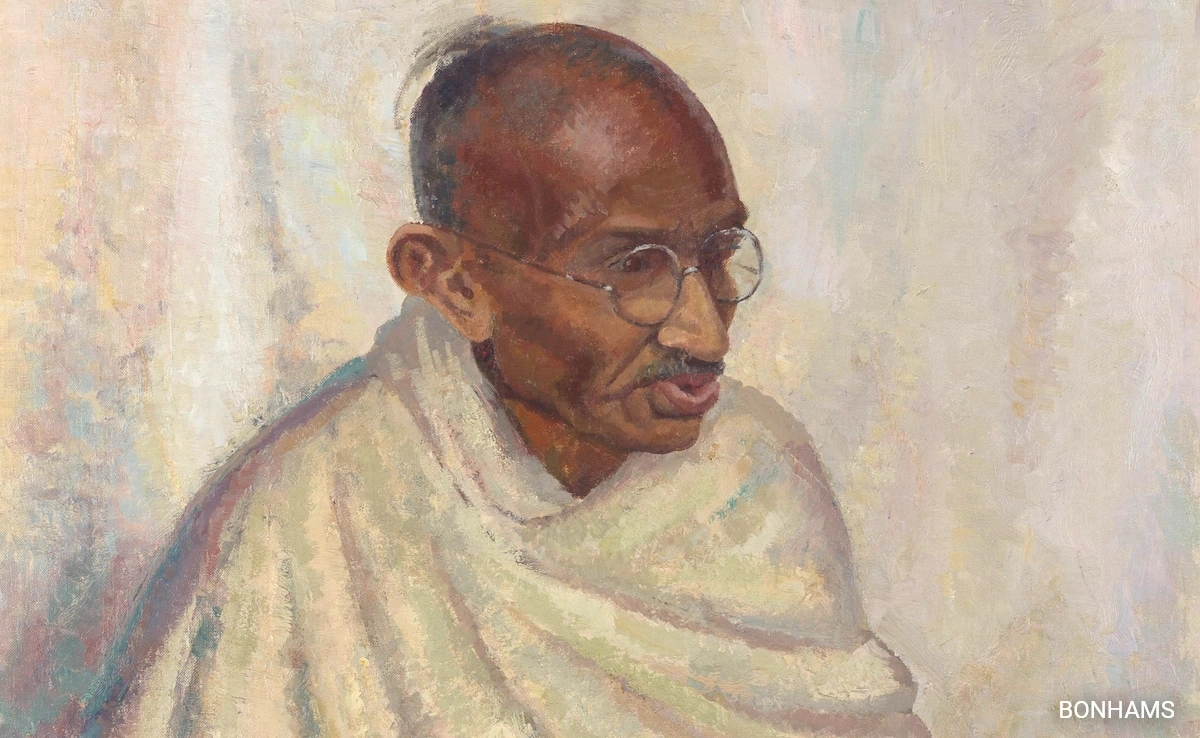The recent Hungary Pride March has garnered significant attention and support from various foreign embassies, signaling a growing acknowledgment of LGBTQ+ rights in the country. Among the supporters are several European embassies that have openly expressed their solidarity with the march and its participants, highlighting the importance of inclusivity and human rights. This support not only amplifies the voices of the LGBTQ+ community in Hungary but also serves as a reminder of the broader international commitment to equality and acceptance.
However, the absence of backing from the United States Embassy has raised eyebrows and sparked discussions about the U.S. stance on LGBTQ+ issues abroad. While many countries are stepping forward to champion the rights of LGBTQ+ individuals, the lack of support from a prominent global player like the U.S. raises questions about its foreign policy priorities and the extent to which it champions human rights in different regions. Critics argue that the U.S. should be at the forefront of advocating for marginalized communities worldwide, including those facing discrimination and hostility in Hungary.
The Hungary Pride March itself is a celebration of diversity and a call for acceptance, aiming to foster an environment where all individuals can express their identity without fear of persecution. The participation of various embassies serves not only as a show of support but also as a powerful statement against the increasing polarization and discrimination faced by LGBTQ+ individuals in Hungary and other parts of the world. As the march progresses, it becomes a focal point for dialogue around human rights, encouraging both local and international communities to reflect on their roles in promoting tolerance and equality.
In an era where the visibility and rights of LGBTQ+ individuals are under threat in many regions, events like the Hungary Pride March are vital for continuing the fight for acceptance and equality. The backing from foreign embassies could potentially influence public perception and political action within Hungary, as international scrutiny often compels governments to reconsider their policies and attitudes. The march not only celebrates progress but also underscores the ongoing struggles faced by the LGBTQ+ community, making it a crucial event in the broader narrative of human rights advocacy.




